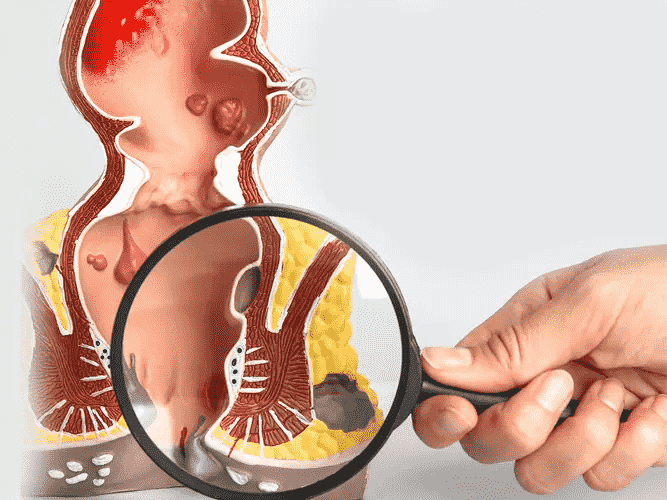
An anal fistula is a narrow passage that forms between an infected gland inside the anus and the surrounding skin. The anus serves as the external opening for expelling solid waste. When the small mucus-producing glands inside the anus become blocked and infected, it can result in an abscess. Approximately half of these abscesses can progress into a fistula.
Homeopathy offers effective remedies for healing fistulas by boosting resistance and preventing abscess formation. It aids natural healing without interference, stopping the fluid flow that hinders the process. The pathway then dries up and shrinks, promoting better healing.
At Homeocare International, our expert Homeopaths utilize Constitutional Homeopathy Treatment to effectively treat Anal Fistula. By analyzing the type, cause, and severity of the fistula, personalized homeopathy treatment is prescribed. This noninvasive procedure is safe, free of side effects, and offers a permanent cure.
Obstetric fistulas can result from prolonged or obstructed labor, inadequate medical care during childbirth, lack of access to emergency obstetric services, and limited maternal healthcare resources in low-income regions.
No, an abscess doesn't always develop into a fistula. While some abscesses can lead to fistulas, it's not a guaranteed outcome.
Fistulas can spread if left untreated. They can extend to surrounding tissues or organs, causing complications and requiring prompt medical attention.
Fistula can be dangerous if left untreated. It can lead to infection, chronic pain, and complications. Timely medical intervention is crucial for successful treatment and to prevent potential risks.
Ensure proper rest, eat a balanced diet, follow medical advice, practice good hygiene, avoid stress, stay hydrated, and maintain a positive mindset.